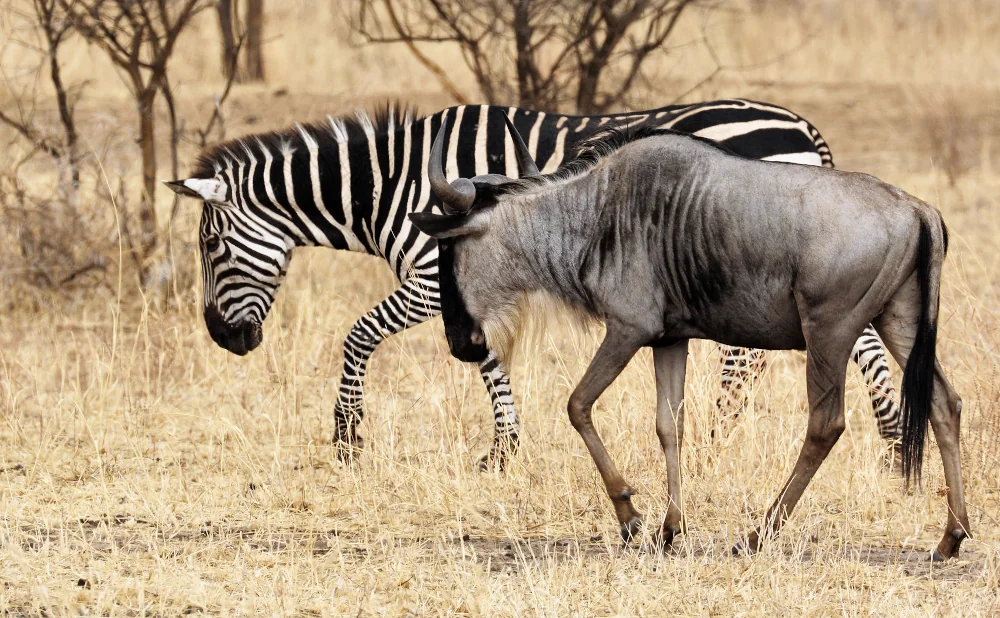what is the main language in tanzania
When we think of Tanzania, we often picture its stunning wildlife and breathtaking landscapes. But what about its linguistic landscape?
The main language in Tanzania is Swahili, also known as Kiswahili. It's a language that's deeply woven into the fabric of Tanzanian society and culture.
In this article, we'll delve into the role of Swahili in Tanzania. We'll also touch on the presence of English and other ethnic languages in the country.
Join us as we explore the linguistic diversity of this East African nation.
The Linguistic Landscape of Tanzania
Tanzania is a linguistically diverse country. It's home to over 120 ethnic languages, each with its unique cultural imprint.
However, Swahili stands out as the dominant language. It's spoken by the majority of Tanzanians and serves as a lingua franca, bridging ethnic and regional differences.
Swahili, also known as Kiswahili, is more than just a language in Tanzania. It's a symbol of national unity and cultural identity. The Tanzanian government promotes its use to foster a sense of belonging among its diverse population.
The language has a rich history, dating back to pre-colonial trade routes. It's a Bantu language with significant Arabic influence, and it incorporates loanwords from English, German, Portuguese, and Indian languages. This linguistic blend reflects Tanzania's vibrant history and cultural exchanges.
Swahili's influence extends beyond Tanzania's borders. It's spoken in other East African countries, including Kenya and Uganda, and holds official status in the African Union. Its global reach is a testament to its adaptability and relevance in a modern, globalized world.
While Swahili is the main language in Tanzania, English also plays a significant role. It's one of the country's official languages, primarily used in higher education, the judiciary, and foreign trade. This use of English reflects Tanzania's colonial history and its ongoing engagement with the global economy.
However, English proficiency varies across different regions and demographics in Tanzania. In urban areas and among the educated elite, English is more commonly spoken. In contrast, in rural areas and among the less educated, Swahili remains the dominant language.
Tanzania is a linguistically diverse country, with over 120 ethnic languages spoken. These languages reflect the rich cultural tapestry of the nation, each with its unique traditions and histories.
Despite this linguistic diversity, Swahili remains the dominant language. It serves as a lingua franca, bridging ethnic and regional differences and fostering a sense of national unity and identity.
Swahili's influence extends beyond daily communication. It plays a pivotal role in Tanzania's education system and administrative affairs. From primary education to political administration, Swahili is the language of instruction and governance.
The Tanzanian government promotes the use of Swahili to foster national unity. It's seen as a tool for ensuring equal access to learning and participation in public life for all Tanzanians.
Swahili, the main language in Tanzania, is more than just a means of communication. It's a symbol of national unity, cultural identity, and Pan-Africanism. Its simplicity, adaptability, and rich history make it a fascinating subject for linguists and language enthusiasts alike.
Understanding Swahili opens doors to engaging with East African communities. Whether you're a traveler, a student, or someone interested in African cultures, embracing Swahili will enrich your experiences. As the language continues to thrive in a modern, globalized world, its influence is set to grow even further.











